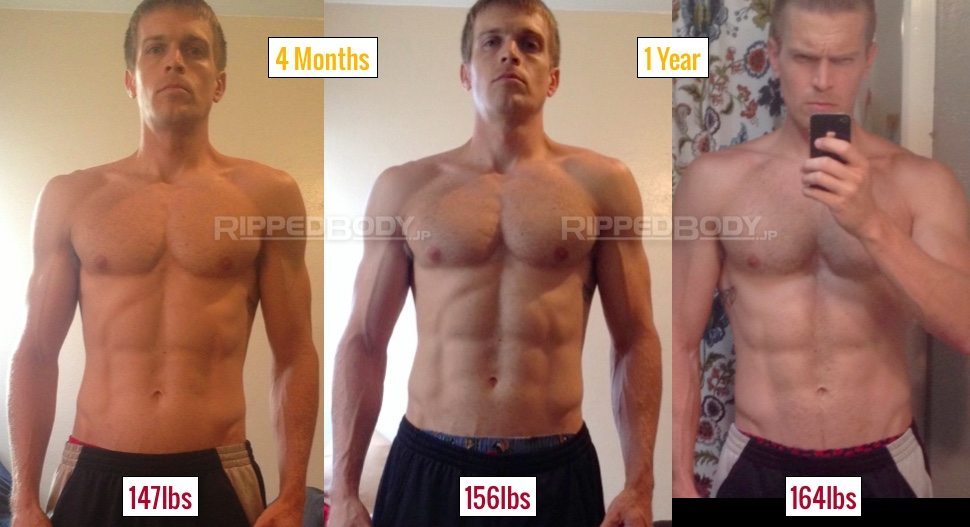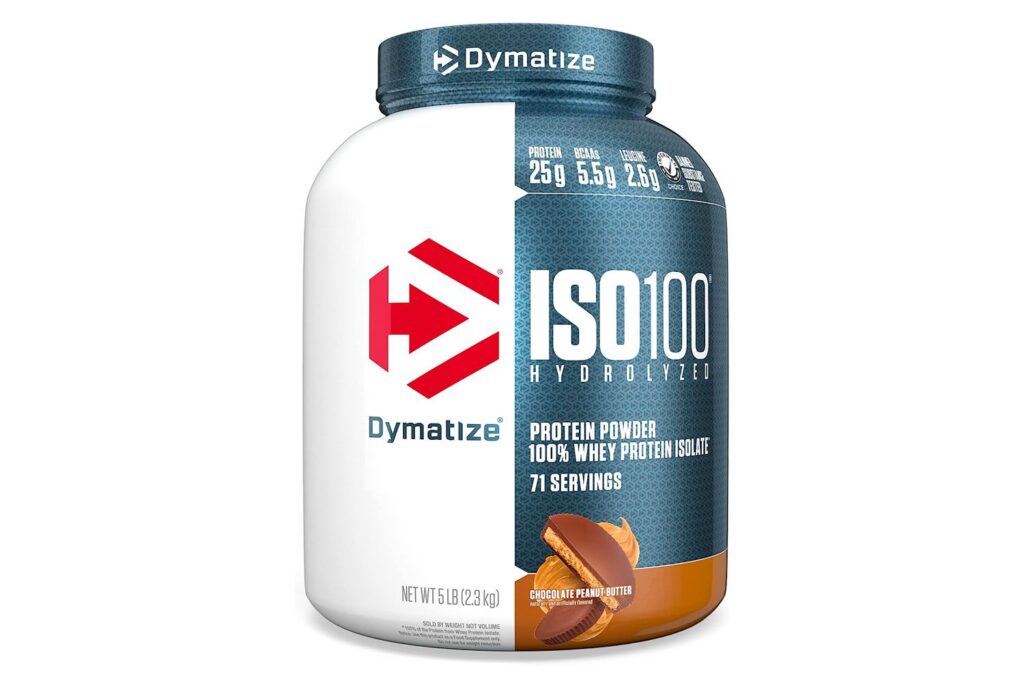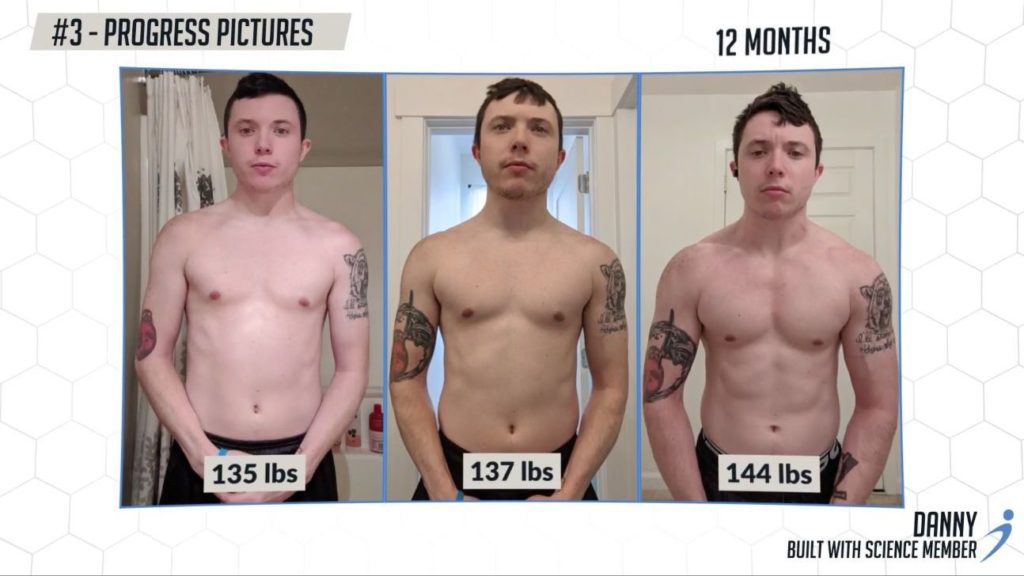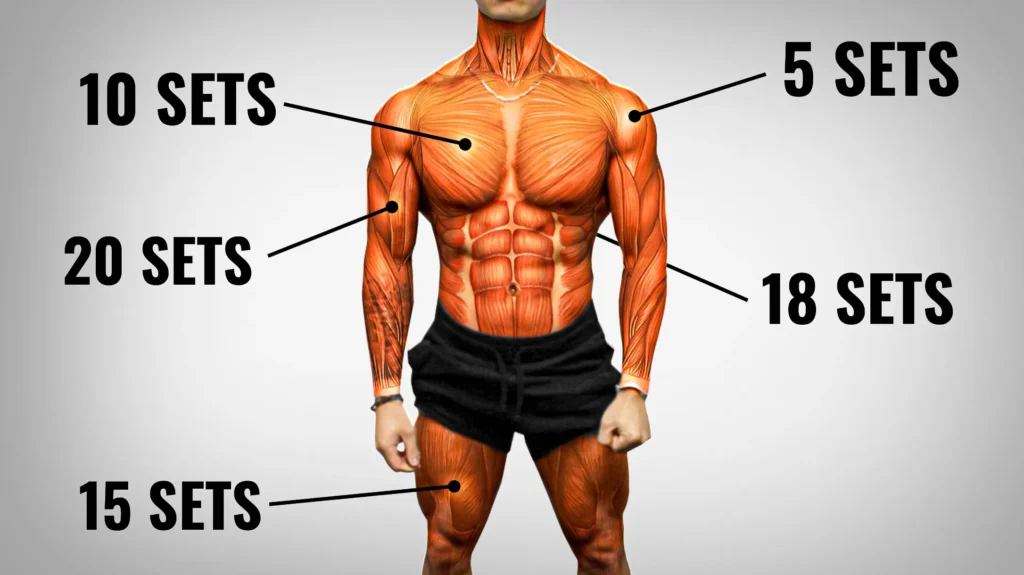Noticeable muscle gain typically occurs after 8-12 weeks of consistent training. Expect to gain 0.5 to 2 pounds of muscle per month.
Gaining noticeable muscle requires dedication and a well-structured workout routine. Beginners often see quicker results due to initial muscle adaptation. A balanced diet rich in protein, carbohydrates, and healthy fats is crucial for muscle growth. Regular strength training and progressive overload help stimulate muscle hypertrophy.
Consistency and patience are essential, as muscle gain is a gradual process. Tracking progress through measurements and photos can help stay motivated. Adequate rest and recovery also play a vital role in muscle development. Consulting fitness professionals can provide personalized guidance and optimize results.

Credit: www.reddit.com
Factors Affecting Muscle Gain
Genetics play a huge role in muscle gain. Some people build muscle faster than others. Your muscle fiber type affects growth. Fast-twitch fibers grow more than slow-twitch fibers. Family history can give clues about your potential. Look at your parents and siblings. Their muscle growth can indicate yours. Genetic limits are hard to change.
Diet is key for muscle gain. Eating enough protein is essential. Aim for 1 gram of protein per pound of body weight. Carbs and fats also matter. They give you energy for workouts. Without enough calories, muscle gain is slow. Drink plenty of water. Staying hydrated helps your muscles recover. Supplements can help but are not necessary. Focus on whole foods for best results.
Training Regimen
Resistance training helps build muscles. Lifting weights makes muscles stronger. You should lift weights 2-3 times a week. Each session should last 45-60 minutes. Focus on big muscle groups like legs, chest, and back. Rest between sets to let muscles recover.
Progressive overload is key for muscle growth. Increase weight or reps to challenge muscles. Start with lighter weights. Gradually add more weight each week. This helps muscles grow bigger and stronger. Keep track of your progress in a journal.
Recovery And Rest
Sleep helps muscles grow and repair. Aim for at least 7-8 hours of sleep each night. Quality sleep boosts muscle recovery and overall health. Lack of sleep slows muscle growth. Your body needs rest to rebuild muscles stronger. Deep sleep stages are crucial for muscle recovery. Create a comfortable sleep environment for better rest.
Active recovery includes light exercises like walking or stretching. It helps reduce muscle soreness and improves blood flow. Gentle activities can speed up muscle recovery. Avoid intense workouts on rest days. Active recovery days help maintain flexibility and prevent injury. Light yoga or swimming can also be good active recovery options.
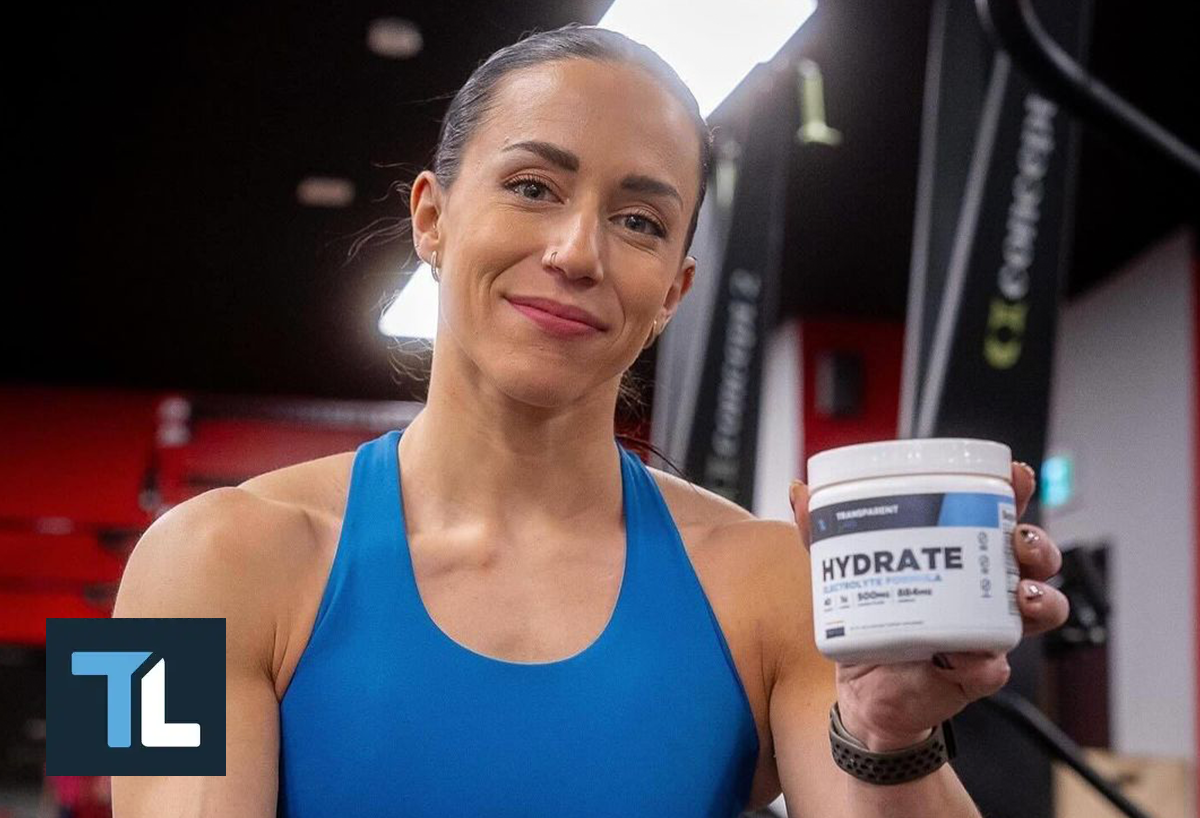
Credit: www.transparentlabs.com
Nutrition Essentials
Eating enough protein is key for muscle gain. Protein helps build and repair muscles. Aim for 1.6 to 2.2 grams of protein per kg of body weight. Good sources include chicken, fish, beans, and eggs. Spread protein intake throughout the day. This helps your body use it better.
To gain muscle, eat more calories than you burn. This is called a caloric surplus. Start with 250 to 500 extra calories per day. Choose healthy foods like fruits, vegetables, and whole grains. Avoid junk food and sugary snacks. Track your progress and adjust calories as needed.
Measuring Muscle Gain
Body composition tests measure fat and muscle in your body. These tests help you understand your muscle gain. There are different types of tests available. Some common ones are DEXA scans, bioelectrical impedance, and skinfold measurements. DEXA scans use X-rays to measure muscle and fat. Bioelectrical impedance sends a small electric current through your body. Skinfold measurements use calipers to pinch the skin and measure fat.
Strength gains show how much stronger you have become. This increase in strength often means muscle gain. You can measure strength gains with different exercises. Try to lift heavier weights over time. Keep track of your progress in a workout journal. Celebrate each new milestone you achieve.
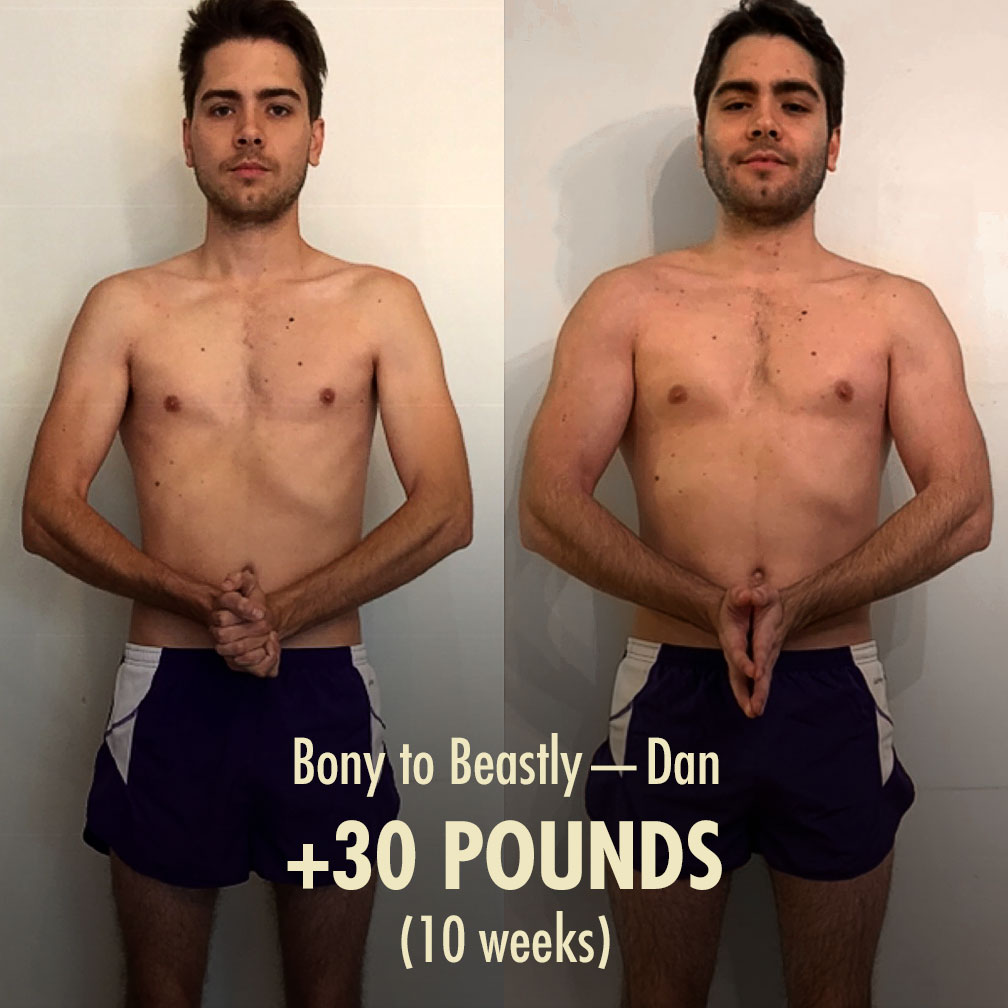
Credit: bonytobeastly.com
Visible Changes
Muscle gain usually starts to show in 4 to 6 weeks. Consistent workouts help muscles grow. Diet is very important too. Eating enough protein is key. Sleep is also needed for muscle repair. Noticeable changes depend on your starting point. Beginners may see results faster. Experienced lifters might take longer.
Arms are often the first to show muscle gain. Biceps and triceps grow quickly. Shoulders also become broader. Chest muscles can take longer to develop. Legs and glutes show changes with squats and lunges. The back becomes more defined with rows and pull-ups. Each body part responds differently to exercises.
Common Myths
Many believe you can lose fat from one specific area. This is called spot reduction. Spot reduction is not possible. Your body loses fat evenly. You can’t choose where to lose fat. Exercise helps you lose fat, but not from one spot.
Some think they can gain muscle overnight. Muscle gain takes time and effort. No one can gain muscle quickly. You need a good diet and regular exercise. Patience is key for muscle growth. Trust the process and stay consistent.
Maintaining Muscle Mass
Consistency is key for muscle gain. Regular workouts help muscles grow over time. Skipping workouts can slow progress. It’s important to follow a workout schedule. Eating right also supports muscle growth. Protein is crucial for muscle repair. Hydration helps muscles work better. Rest days are needed for recovery. A balanced routine helps build muscle.
Small changes in lifestyle can boost muscle gain. Sleep is important for muscle recovery. Aim for 7-9 hours each night. Reduce stress for better muscle health. Stress can slow muscle growth. Stay active throughout the day. Even small movements help. Avoid junk food for better results. Choose healthy snacks instead. Stay focused on your goals. Track progress to stay motivated.
Frequently Asked Questions
How Much Muscle Gain Is Noticeable?
Noticeable muscle gain varies by individual. Generally, gaining 5-10 pounds of muscle can be noticeable. Factors include body type, height, and muscle distribution.
How Long To See Noticeable Muscle Gain?
It typically takes 6-12 weeks of consistent training to see noticeable muscle gain. Diet and workout intensity also impact results.
Can Beginners See Muscle Gain Quickly?
Yes, beginners can see muscle gain quickly due to “newbie gains. ” Initial progress is often faster compared to experienced lifters.
What Affects Noticeable Muscle Gain?
Several factors affect noticeable muscle gain: genetics, diet, workout routine, sleep, and recovery. Consistency in training and nutrition is crucial.
Conclusion
Noticing muscle gain depends on various factors, including genetics, diet, and exercise. Consistency is crucial for visible results. Track your progress and stay patient. Remember, muscle growth takes time and effort. Celebrate small milestones and stay motivated. Your hard work will eventually pay off, revealing a stronger, more defined physique.

